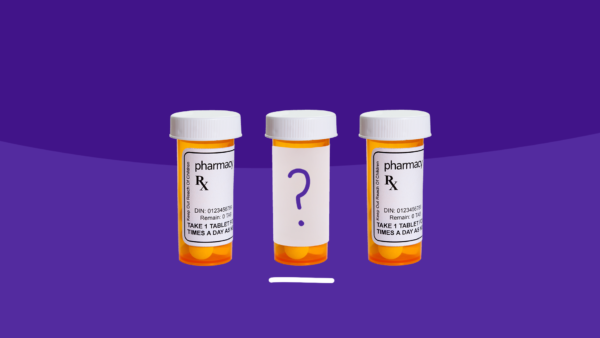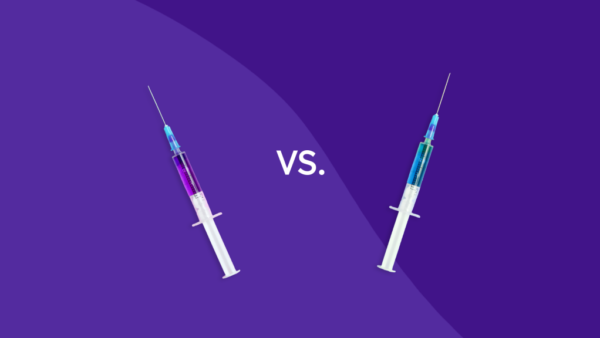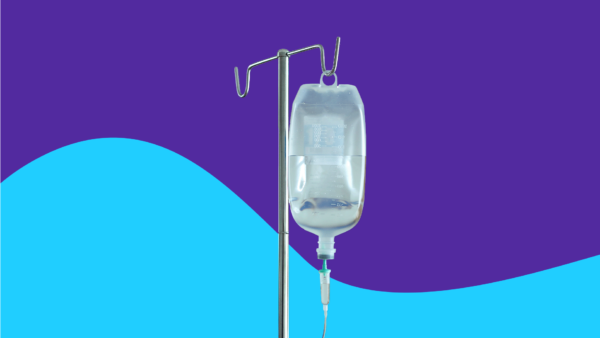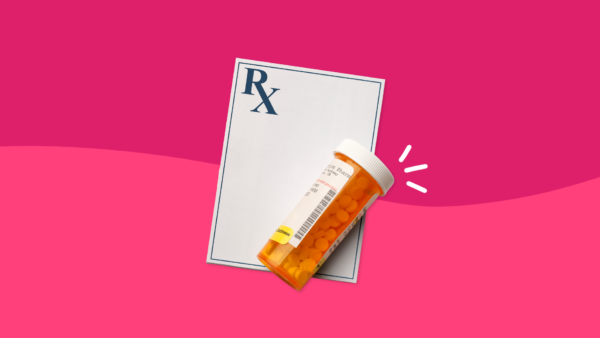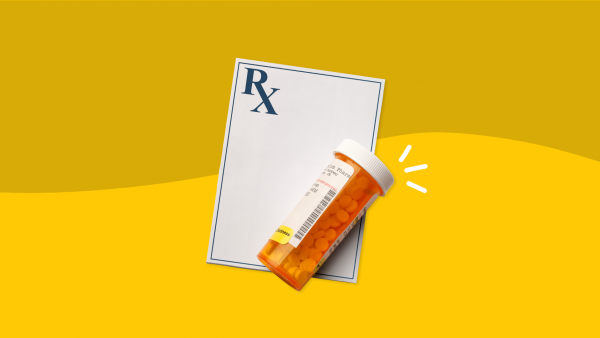126 Items Tagged
Digestive health
Whether it’s heartburn or constipation, IBS or diverticulitis, these are the best foods and medications to help treat your tummy troubles.
Related tags

Wellness
24 home remedies for constipation
Learn what helps with constipation and how to get immediate constipation relief at home
Updated on Sep. 26, 2024

Wellness
This diet could help with menopause symptoms
Say goodbye to hot flashes, weight gain, and mood swings
May 12, 2021

Drug Info
Sucralfate side effects and how to avoid them
Constipation is the most common sucralfate side effect, but there are some contraindications you should be aware of
Oct. 27, 2021
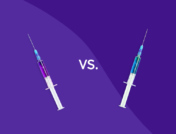
Drug vs. Drug
Remicade vs. Humira: Differences, similarities, and which is bet...
Remicade and Humira are prescription medications used to treat a variety of conditions including IBD, Chrohn's disease, ulcerative colitis, and rheumatoid arthritis. Compare the side effects and cost of these drugs to find out which one is better.
Updated on Aug. 12, 2024
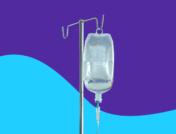
Drug Info
How much is Remicade without insurance?
Remicade can be costly without insurance. Learn how to get Remicade at a lower price, or find cheaper alternatives.
Jul. 6, 2022

Drug Info
Methylprednisolone side effects and how to avoid them
Methylprednisolone is a corticosteroid used to treat a range of medical conditions but can produce many common side effects
Jul. 12, 2021

Drug Info
Famotidine for allergies
This heartburn medication can sometimes work double-duty against hives
Oct. 11, 2022
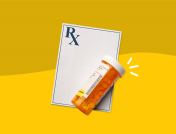
Drug Info
Apr. 18, 2021
Dexamethasone side effects and how to avoid them

Wellness
How much aloe should you drink?
The dosage varies from one to eight ounces, depending on the type
Jul. 16, 2024
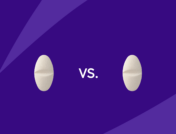
Drug vs. Drug
Pantoprazole vs. omeprazole: Key differences and uses
Pantoprazole and omeprazole are PPIs that treat heartburn symptoms from GERD and erosive esophagitis
Updated on Jun. 24, 2024

Health Education
IBD vs. IBS: Compare causes, symptoms, treatments, & more
IBS is the most commonly diagnosed gastrointestinal disorder in the U.S. IBD is less common and affects only 1.3% of adults in the United Staes.
Updated on Jun. 12, 2024





